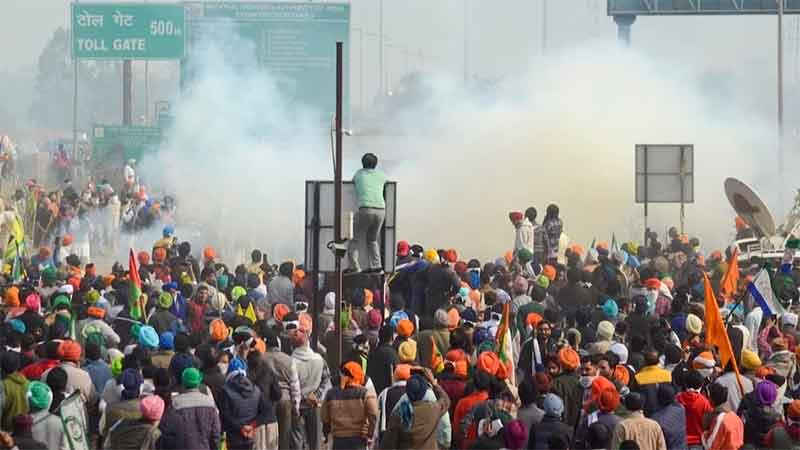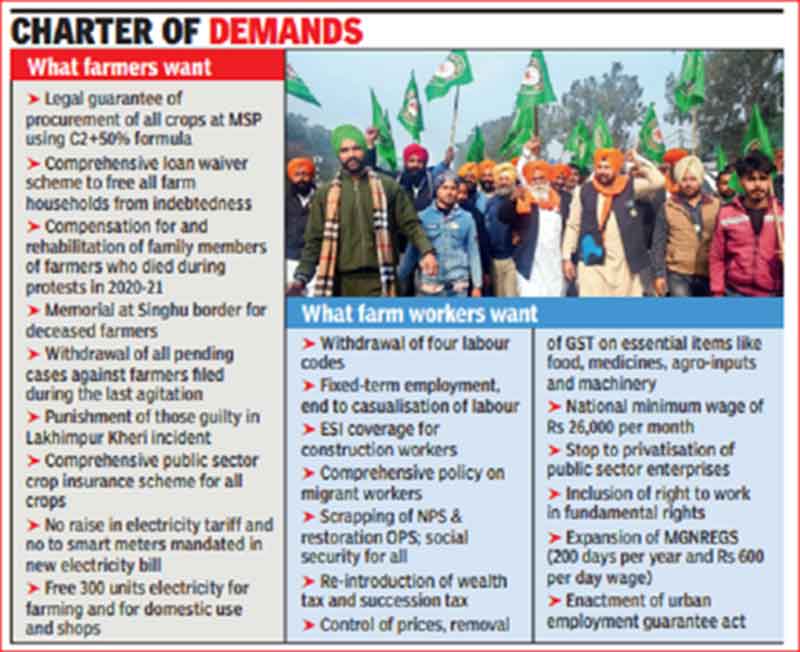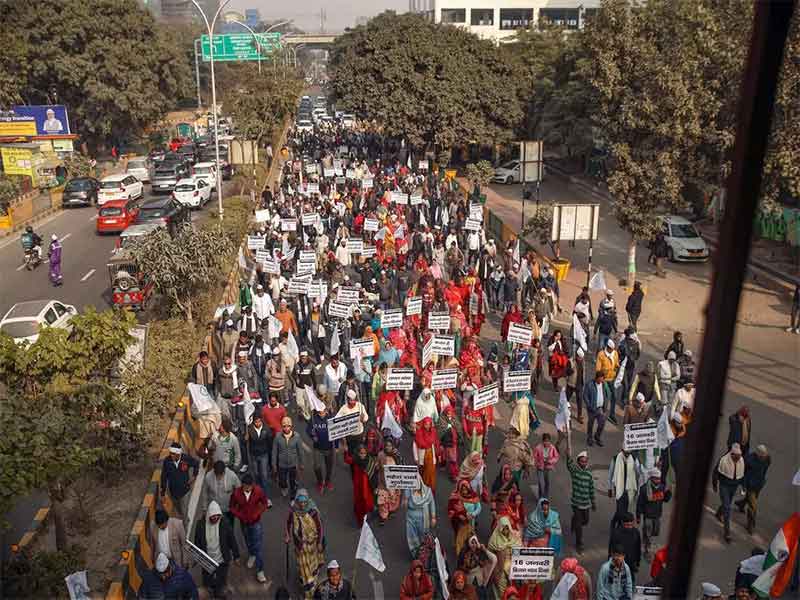
As fake news becomes a propaganda tool, there is also great outrage about everything that is not true. I want to share a recent experience on a Whatsapp group meant solely for journalists, which set me thinking about the difference between false and fake.
I shared a video that I had received on another group, of two women being crushed under a tractor. The description with the video said it was from the protest site on the outskirts of Delhi, and I received it in early February 2021. It was, in fact, a video from Amritsar. The incident had occurred during the farmer protests there on January 26, 2021. It was apparently an accident, the tractor bearing a water tank was being moved from the protest site and the driver lost control. The driver has since been arrested.
Since all the news reports we read after January 26 were about the incident at Red Fort, this news did not feature prominently; it was considered just a local development, although two protesters had died and a few others were under treatment for injuries sustained in the accident. The newspaper I regularly read in Pune did not carry this news.
On the WhatsApp group, one senior journalist pointed out that it was an ‘old’ video. Others then admonished me for sharing news that was not true – the protesters were not at the borders of Delhi. I had earlier too shared a few things that turned out not accurate, and that too was pointed out to me. I was reminded that as a journalist, I ought not to be spreading fake news.
Now here is the thing – “fake” is a description of something that is patently untrue, spread with a full awareness of the fact that it does not accord with reality. It is a fit description for what Home Minister Amit Shah calls a ‘jumla’.
Can someone who shares something without knowing that it is untrue be accused of spreading “fake” information? And what is not true and only false does have utility too – the philosopher Karl Popper for instance, would hold that one cannot arrive directly at the truth. One way to get to the truth is through disproving an assertion. After all, even in making mistakes, one learns.
I, for one, learnt through sharing that video that news of the deaths of protesters at other sites in the country were perhaps not being relayed to me through the media I use. Even if the death of two women was indeed an accident, was it not worth a report across the country? Especially when we know now that the Government of India has no intention at all of compensating the loss of lives in these protests?
So to return to this group of journalists on the WhatsApp group – after I apologized, there were some exchanges, and I was expelled from the group. I have since been added back and warned to be careful. Now I wonder: Should journalists read Karl Popper?
Rosamma Thomas is an independent journalist
IF YOU LIKED THE ARTICLE SUPPORT PEOPLE’S JOURNALISM













































